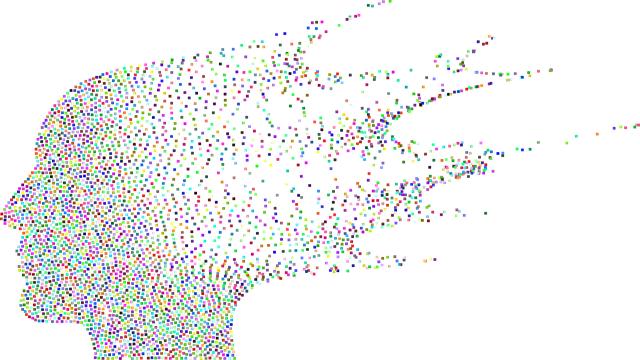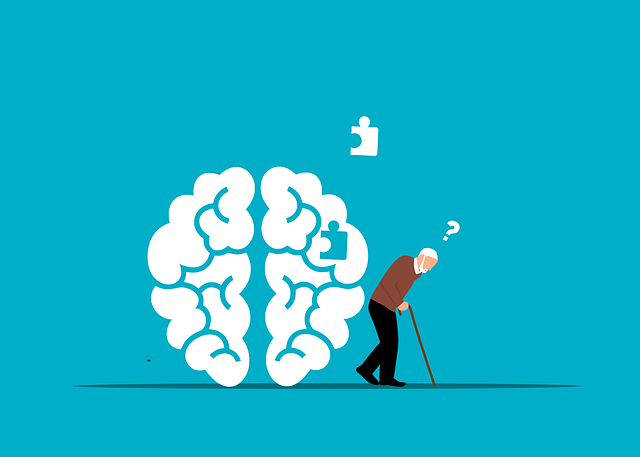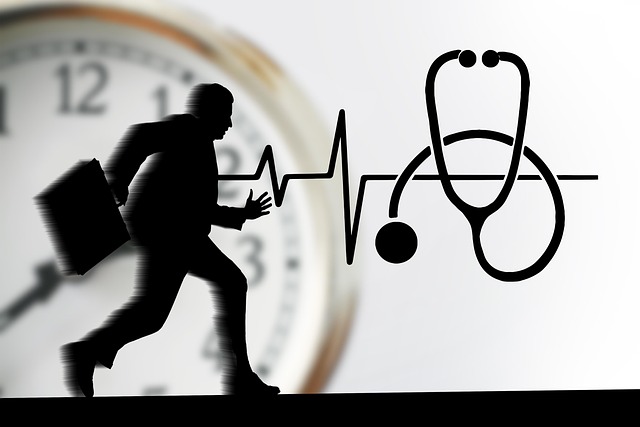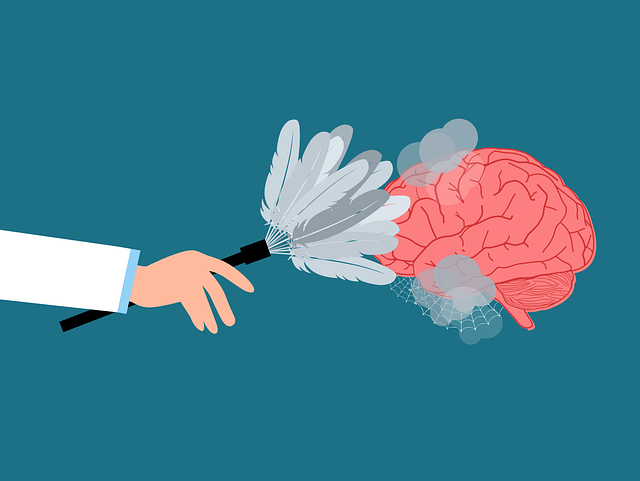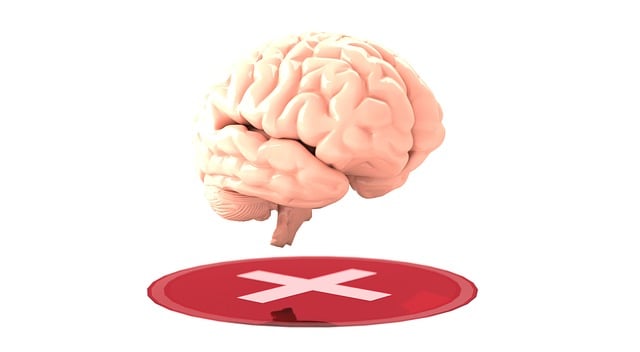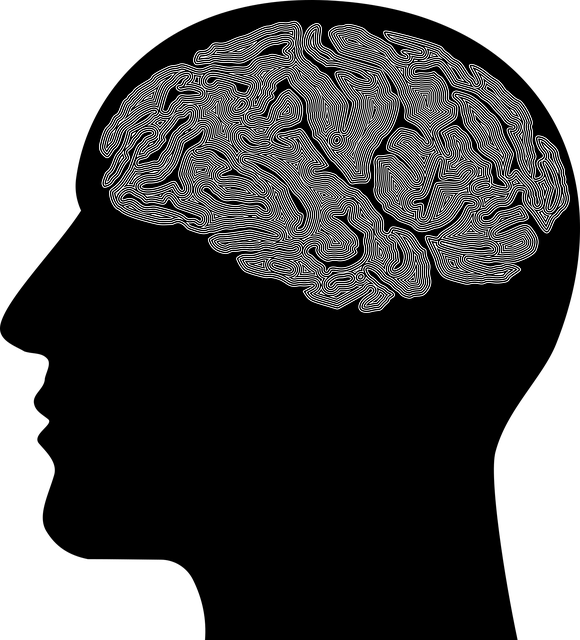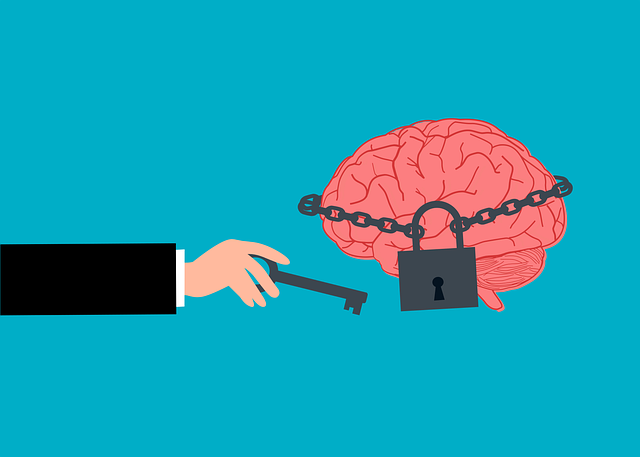Substance abuse is a complex issue treated effectively through therapy for adults, incorporating evidence-based methods like biofeedback. This approach manages cravings, develops coping strategies, and boosts self-esteem by teaching individuals to control physiological responses. Cultural competency among healthcare providers ensures personalized care, while public awareness campaigns facilitate early intervention. CBT, DBT, MI, and biofeedback empower adults with skills to maintain mental wellness and prevent relapse, emphasizing a holistic, culturally sensitive approach to recovery.
Substance abuse poses significant risks to individuals and society, underscoring the need for effective risk reduction strategies. This article explores comprehensive approaches to mitigate these dangers, focusing on understanding substance abuse, its underlying risks, and evidence-based interventions. Key sections delve into the therapeutic role in adult recovery, examining biofeedback as a complementary tool. Additionally, it provides practical strategies for long-term recovery, offering valuable insights for individuals and professionals alike seeking to combat this complex issue.
- Understanding Substance Abuse and Its Risks
- The Role of Therapy in Risk Reduction: A Focus on Adults
- Biofeedback as a Complementary Tool for Substance Abuse Treatment
- Implementing Effective Strategies for Long-Term Recovery
Understanding Substance Abuse and Its Risks

Substance abuse is a complex issue that involves the excessive and harmful use of drugs or alcohol, leading to significant negative consequences for individuals and society at large. It’s crucial to understand that substance abuse isn’t merely a personal choice but a chronic condition that often stems from underlying mental health issues, environmental factors, or both. This can include depression, anxiety, trauma, or social pressures, exacerbated by the toxic effects of substances on brain chemistry and behavior.
Therapy for adults plays a pivotal role in addressing these challenges. Through evidence-based therapeutic approaches like biofeedback, individuals can learn to manage cravings, develop coping strategies, and enhance their self-esteem. Cultural competency training for healthcare providers is essential to ensure that treatment plans are tailored to meet the diverse needs of patients from various backgrounds. Public awareness campaigns focused on educating communities about the risks and signs of substance abuse further contribute to early intervention and prevention, ultimately reducing the overall burden of this public health concern.
The Role of Therapy in Risk Reduction: A Focus on Adults

Therapy plays a pivotal role in reducing risks associated with substance abuse among adults. It provides a safe and structured environment for individuals to explore their past traumas, emotional wounds, and underlying mental health conditions that often contribute to substance misuse. Through evidence-based therapeutic approaches like cognitive behavioral therapy (CBT), dialectical behavior therapy (DBT), and motivational interviewing (MI), adults can develop coping mechanisms, enhance self-regulation, and cultivate healthier ways of managing stress and emotions.
One particularly effective technique within therapy is biofeedback, which teaches individuals to gain control over certain bodily functions like heart rate, muscle tension, and skin temperature. This process involves using electronic sensors to provide real-time feedback on physiological responses, enabling participants to learn relaxation techniques that promote emotional healing processes and self-esteem improvement. Moreover, healthcare provider cultural competency training is essential in ensuring that therapy remains inclusive and effective for diverse populations, addressing unique cultural, social, and economic factors that may impact substance abuse and recovery.
Biofeedback as a Complementary Tool for Substance Abuse Treatment

Biofeedback is emerging as a valuable complementary tool within the landscape of substance abuse treatment for adults. This non-invasive approach leverages self-awareness exercises to empower individuals with greater control over their physiological responses, offering a unique angle in addition to traditional therapy methods. By providing real-time feedback about bodily functions like heart rate and muscle tension, biofeedback allows clients to learn and practice relaxation techniques that can be applied during cravings or stressful situations.
Integrating biofeedback into treatment plans can facilitate a more holistic healing process. It addresses the mind-body connection, which is particularly relevant in managing substance abuse. Moreover, its effectiveness can be enhanced through cultural sensitivity in mental healthcare practice and community outreach program implementation, ensuring diverse populations receive tailored support that resonates with their unique needs and backgrounds.
Implementing Effective Strategies for Long-Term Recovery

Long-term recovery from substance abuse requires a multifaceted approach, and implementing effective strategies is vital to sustain sobriety. Therapy for adults plays a pivotal role in this journey, offering specialized support tailored to individual needs. Cognitive-behavioral therapy (CBT), for instance, helps individuals identify and change negative thought patterns that contribute to drug or alcohol use. By fostering self-awareness exercises, CBT empowers people to make healthier choices and develop coping mechanisms for managing stress and triggers.
Complementing traditional therapy, biofeedback techniques have emerged as valuable tools for promoting mental wellness coaching programs development. Biofeedback teaches individuals how to control certain bodily functions, such as heart rate and muscle tension, which can be triggered by stress or cravings. This increased self-awareness allows people to engage in more effective stress management, a crucial component of long-term recovery. Through these comprehensive strategies, individuals can gain the skills and resources needed to maintain their mental wellness and prevent relapse.
Substance abuse poses significant risks, but a multi-faceted approach combining therapy, biofeedback, and effective strategies can significantly reduce these dangers. In particular, therapy for adults offers valuable tools to understand and address underlying issues while biofeedback assists in managing cravings and stress. By implementing these evidence-based practices and focusing on long-term recovery strategies, individuals can navigate the path to a healthier, safer future free from substance abuse.
